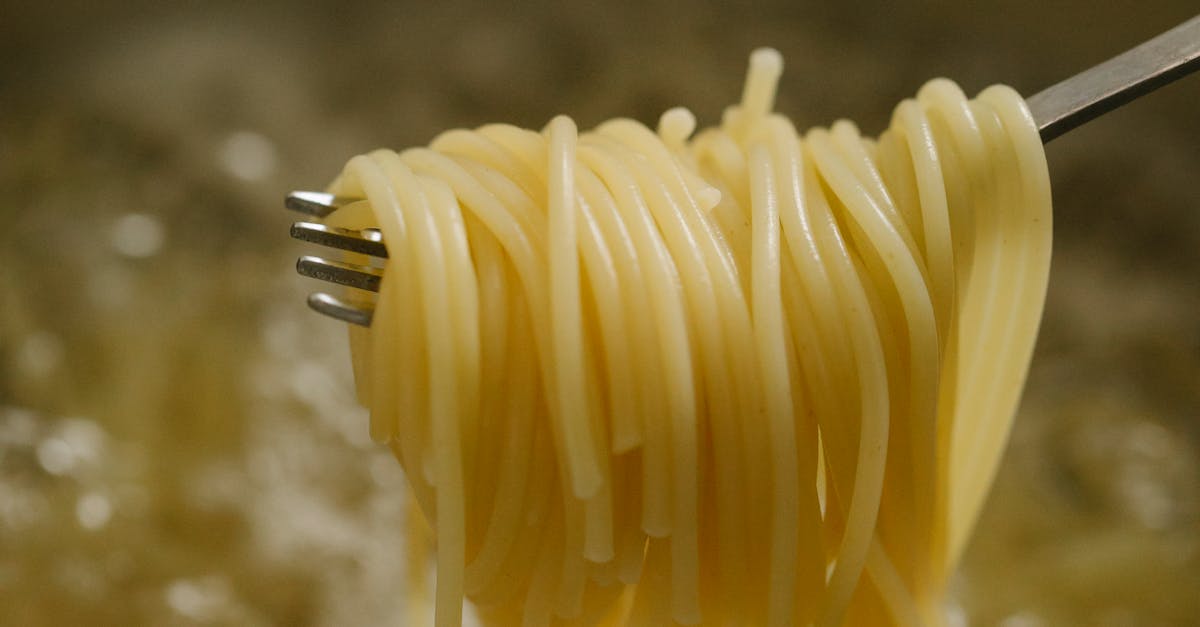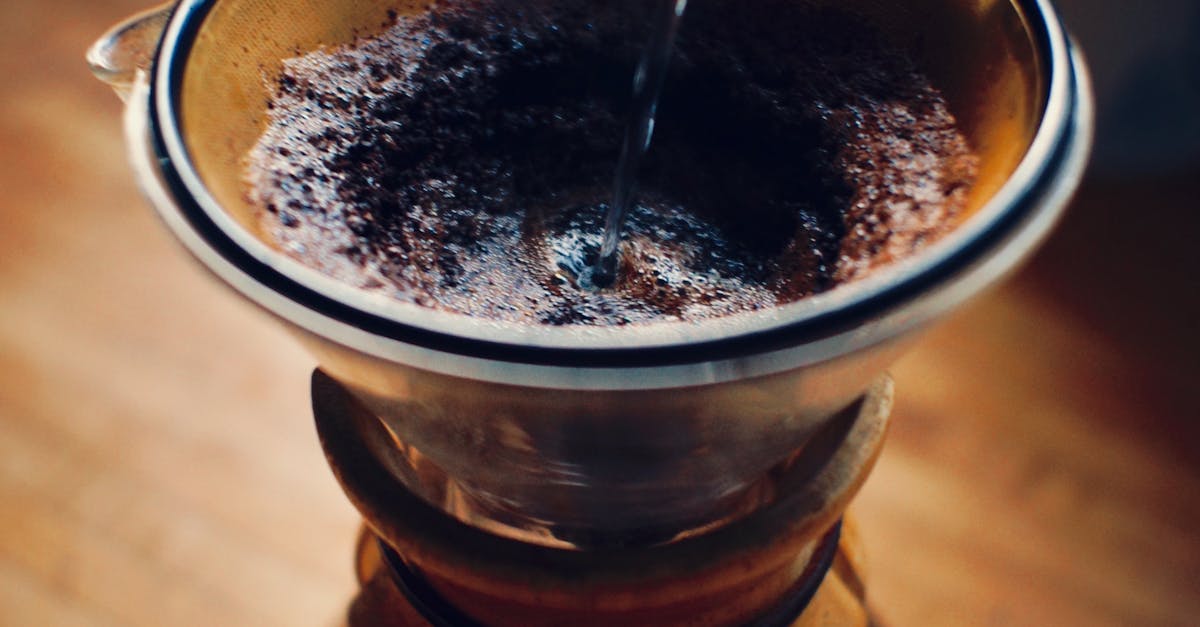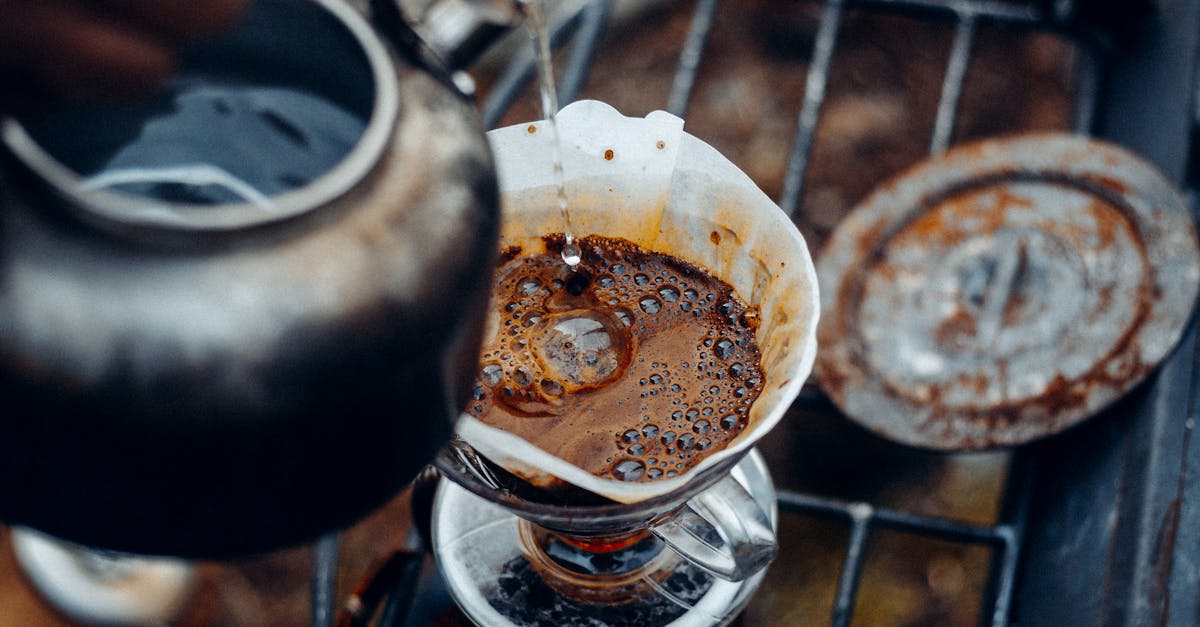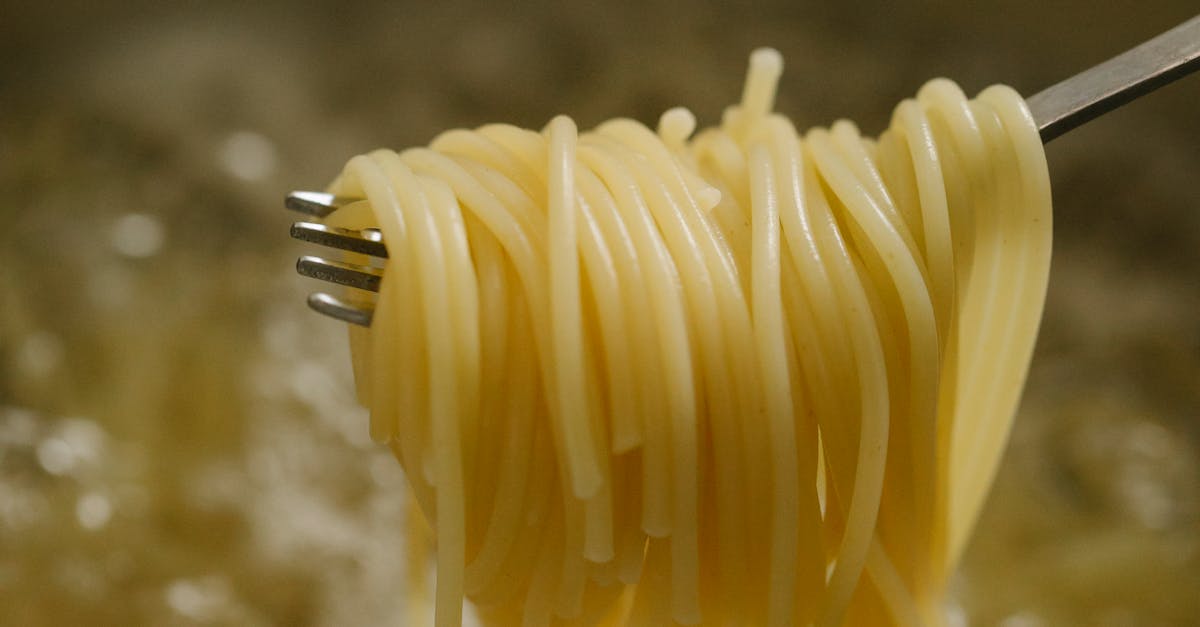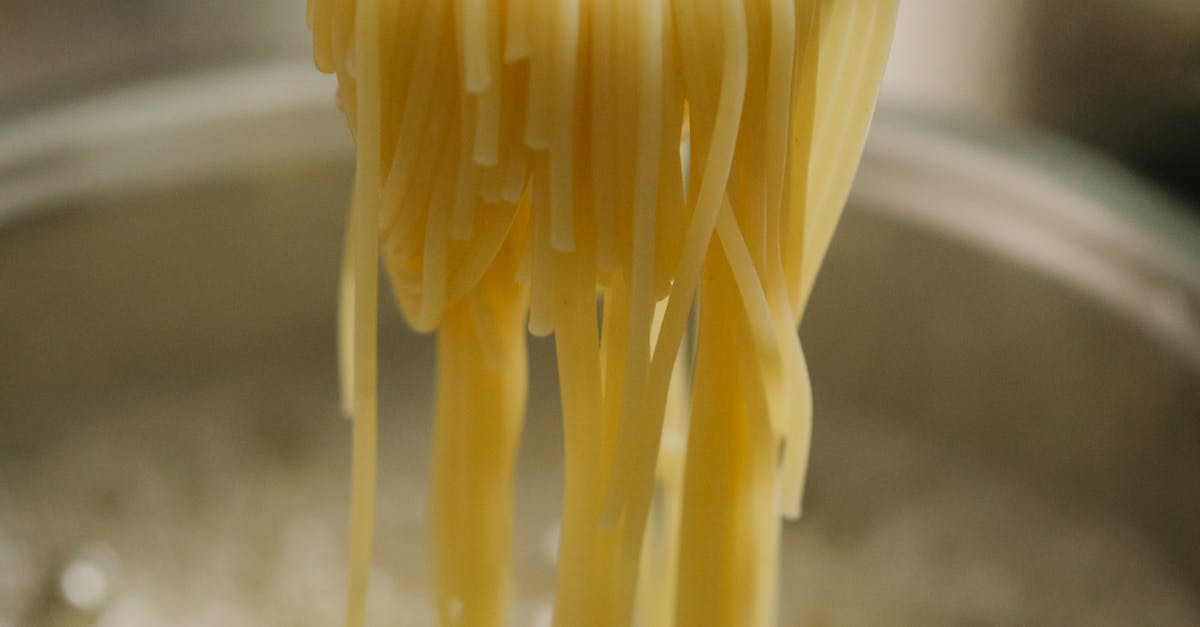
Table Of Contents
Common Issues That Shorten Lifespan
A variety of factors can contribute to the shortened lifespan of a hot water heater. Sediment buildup in the tank can lead to overheating and corrosion, compromising the unit's integrity over time. Inadequate maintenance can exacerbate these issues, with infrequent flushing of the tank allowing mineral deposits to accumulate. This buildup not only affects performance but can also result in costly repairs or replacements.
Leaks and valve malfunctions present additional challenges that can significantly impact longevity. A hot water plumber can identify these issues early, helping homeowners avoid severe damage. Regular inspections and prompt attention to any signs of trouble ensure that the system remains operational and safe. Neglecting these warning signs may lead to unexpected breakdowns and a reduced lifespan for the heater.
Troubleshooting and Solutions
Hot water heaters often face issues that can be addressed through simple troubleshooting steps. Start by checking the thermostat settings to ensure the water heater is operating at the correct temperature. If the water remains cold or lukewarm, it may indicate a malfunctioning heating element, which can typically be replaced by a qualified technician. Additionally, leaks around the base of the tank can signal a serious issue. Inspecting the area for any signs of corrosion or rust will help identify whether the tank needs repair or replacement.
When problems persist, it’s advisable to consult a hot water plumber. These professionals possess the expertise to diagnose more complex issues that homeowners may overlook. They can perform routine maintenance, like flushing the tank to remove sediment buildup, which can greatly impact efficiency. Regular inspections ensure any small problems are caught early, preventing them from escalating into costly repairs or a premature replacement of the unit.
Replacement Considerations
When contemplating the replacement of a hot water heater, one must assess both age and performance. A unit older than ten years might start showing signs of inefficiency, such as fluctuating water temperatures or rust around the tank. Factors like the water quality and frequency of use also play a significant role in determining when a replacement is necessary. Consulting a hot water plumber can provide insights into whether repairs are more practical than outright replacement.
Budget considerations should also influence the decision to upgrade. Newer models come with various energy-efficient options, potentially lowering utility bills. Evaluating the long-term savings against the upfront costs can help homeowners make a more informed choice. A professional hot water plumber can assist in identifying models that fit specific needs while providing expert advice on installation and maintenance.
When to Upgrade Your System
Recognizing the signs that it’s time to upgrade your hot water system can save both money and stress down the line. Homeowners should consider replacing their unit if it frequently requires repairs. If the heater is over ten years old, efficiency issues may arise, leading to increased energy costs. A qualified hot water plumber can help assess the condition of your heater and guide you on whether an upgrade is necessary.
Another factor to consider is changing household needs. Growing families may demand a larger capacity system, while smaller households might benefit from a more efficient, compact model. If you find that your hot water supply is inconsistent or struggles to keep up with your daily requirements, it may be a clear indication that an upgrade is in order. Consulting a hot water plumber can provide clarity on the best options to meet your specific needs.
Energy Efficiency and Impact on Lifespan
Energy efficiency plays a significant role in the lifespan of hot water heaters. Models that are designed to operate with greater efficiency tend to have longer lifespans due to reduced stress on components. This is because these systems often use advanced technology, such as improved insulation and more effective heating elements, which help retain heat and minimize energy consumption. When less energy is wasted, there is less wear and tear on the unit, allowing it to function optimally for a more extended period.
Additionally, energy-efficient models can yield long-term savings on utility bills, which makes them an appealing investment for homeowners. Consulting with a hot water plumber can provide insights into which energy-efficient systems would be best suited for individual needs. A professional can evaluate your current setup and recommend upgrades or replacements that enhance energy use while potentially extending the lifespan of the unit.
Benefits of EnergyEfficient Models
Energy-efficient hot water models offer several advantages that contribute not only to longer lifespans but also to overall homeowner satisfaction. These systems often feature advanced insulation and technology designed to minimize heat loss, enhancing their performance. Investing in such models can significantly reduce energy bills, leading to substantial savings over time. A hot water plumber can provide insights into specific models that incorporate the latest energy-saving features, ensuring optimal efficiency.
Additionally, energy-efficient units typically require less frequent maintenance due to their improved design. They are constructed to handle everyday wear and tear better than traditional models, which can lead to fewer breakdowns. This durability adds to their overall lifespan, providing peace of mind for homeowners. Regular consultations with a hot water plumber can help homeowners select and maintain these efficient systems, ensuring they continue to operate smoothly for years to come.
FAQS
How long can I expect my hot water heater to last?
The average lifespan of a hot water heater is typically between 8 to 12 years, depending on the type and maintenance.
What are common issues that can shorten the lifespan of a hot water heater?
Common issues include sediment buildup, corrosion, leaks, and inadequate maintenance, which can all contribute to a shorter lifespan.
How do I know when to replace my hot water heater?
Signs that it may be time to replace your hot water heater include persistent leaks, inconsistent water temperature, strange noises, and age over 10 years.
Are energy-efficient hot water heaters worth the investment?
Yes, energy-efficient models can lower your utility bills and may have a longer lifespan due to better materials and technology, making them a worthwhile investment.
What maintenance can I perform to extend the life of my hot water heater?
Regular maintenance can include flushing the tank to remove sediment, checking the anode rod, and ensuring proper insulation to improve efficiency and longevity.
